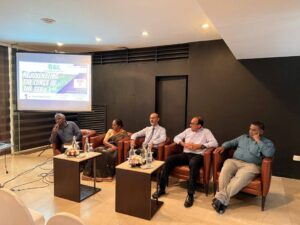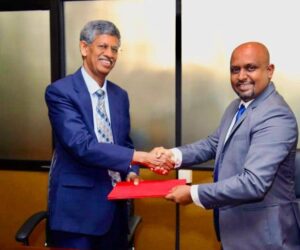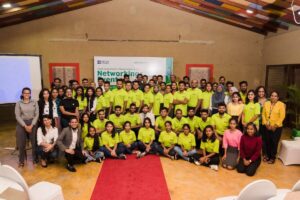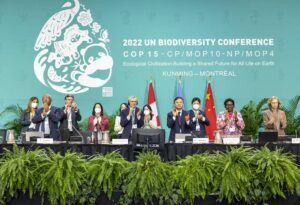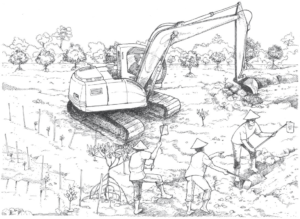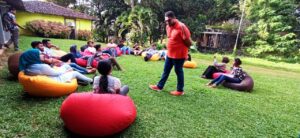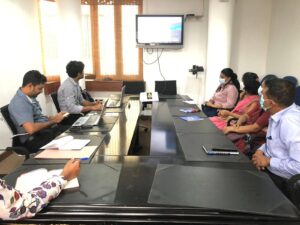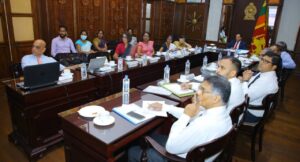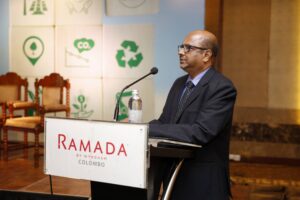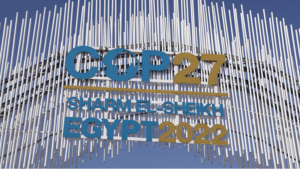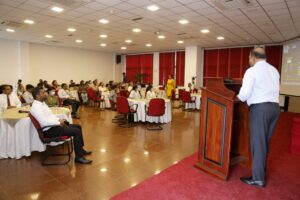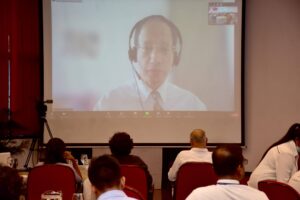The Project “Enhancing Extended Producer Responsibility (EPR) through a Public-Private Partnership Approach” which is implemented by the Ceylon Chamber of Commerce (CCC) in partnership with Biodiversity Sri Lanka (BSL) with the endorsement of the Ministry of Environment (MoE) conducted a Training of Trainers workshop to introduce a Capacity Building Toolkit on waste collection/ recycling to the field staff of the Central Environmental Authority (CEA) and the Western Provincial Waste Management Authority (WPWMA) on February 25, 2022, at Grand Monarch, Thalawathugoda.
The main objective of the workshop was to impart knowledge on plastic waste collection and recycling among the staff of CEA and WPWMA and through them transfer knowledge to collectors/ recyclers in Sri Lanka. The trained persons will conduct a series of training programs targeting collectors and recyclers registered with CEA and WPWMA. This Capacity Building Toolkit was developed with the support of the National Cleaner Production Centre – Sri Lanka (NCPC Sri Lanka) under the USAID-funded Municipal Waste Recycling Project (MWRP).
Mr. Chandrarathna D Vithanage, Senior Assistant Secretary-General, CCC/Project Manager welcomed the participants and Ms. Nihani Riza, Project Management Specialist from the Office of Economic Growth, USAID Mission and Eng. J. M. U. Indrarathne, Deputy Director-General, Waste Management Division, CEA delivered opening remarks. Ms. Riza provided a quick overview of USAID’s efforts in tackling plastic waste issues globally. She was thankful to the Clean Cities Blue Ocean (CCBO) Program’s partners for contributing to achieve the goals of sustainable consumption and production, waste management, pollution reduction, climate change mitigation, and human health advancement. Mr. Indrarathne emphasized on the negative impacts that plastics generate on ecology across the world. He stated that Sri Lanka has enacted several regulations between 2017 and 2020 to address the plastic waste issue. Whilst recognizing the importance of the toolkit to build technical capabilities and financial prospects of collectors/ recyclers in Sri Lanka, he thanked USAID, the CCBO project, and the CCC for undertaking this all-important initiative.
The resource personnel from NCPC introduced the Capacity Building Toolkit to the participants. Following the introductory presentation, group work enabled the participants to present various chapters of the toolkit. The objective of this session was to ensure familiarity with its contents. The post-lunch session was entirely dedicated to a group case study on recycling operations. The participants were asked to identify regulatory matters, technical and financial considerations, environmental and social aspects, and cost calculations of recycling operations based on the details given in the case study. All the groups calculated cost efficiencies correctly and some of them came up with economically viable suggestions through which the cost of recycling operations can be reduced.
The workshop saw active and enthusiastic participation of the CEA and WMA staff. One of the highlights was when making presentations by the participants, using examples from their practical experiences, which is a positive case in transmitting knowledge to collectors and recyclers. During the last session of the workshop, a plan was discussed to organize three capacity-building workshops for collectors and recyclers in Colombo, Gampaha, and Kalutara Districts during the next two months.


